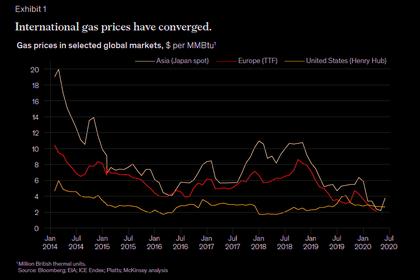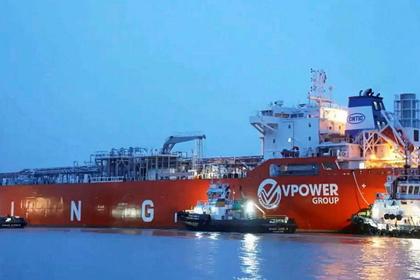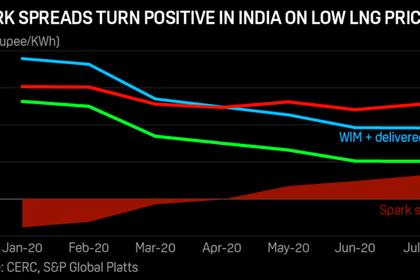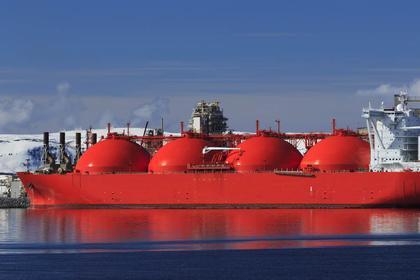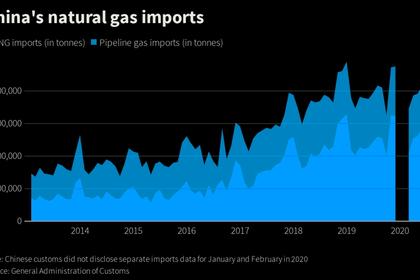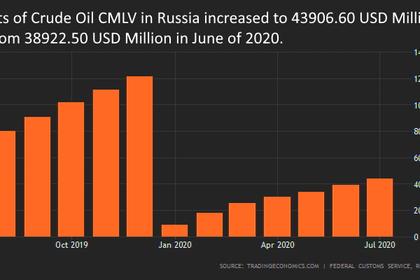
GLOBAL LNG: CAUTIOUSLY OPTIMISTIC
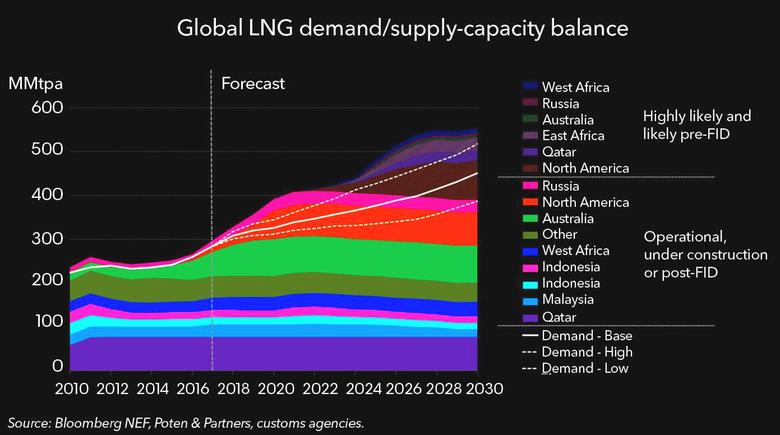
GECF - 8 October 2020 Doha, Qatar - Winter maybe a few weeks away, but it was front and centre at the latest GECF Monthly Gas Lecture, as a panel of experts from leading information provider, Refinitiv, uncovered what the 2020-21 winter might hold for the LNG industry reeling from the double whammy of coronavirus pandemic and economic downturn.
Held via videoconference on 6 Oct. and entitled 'Winter Outlook for Global LNG – Cautiously Optimistic', company analysts, Ms Anne Kat Brevik, Director - LNG Research & Forecasts, Ms Laura Page, Lead LNG Analyst, and Mr Hengky, Senior Analyst (LNG), sifted through the demand and supply outlook and their relationship with market's balance and pricing dynamics.
"We expect LNG demand to increase by 4 billion cubic metres (bcm) this winter and that's led by growth in China, Japan, and South Asia. LNG supply is expected to grow by 3 bcm led by the United States. And when we put together demand and supply forecast, we expect the LNG market to be slightly tighter than last winter by 1 bcm," noted the Refinitiv representatives.
However, there remained several risks to the forecasts, foremost of which are winter temperatures and coronavirus pandemic. The former was unusually warm last winter for the northern hemisphere, dampening LNG demand. In the case of the latter, the full-blown effect of COVID-19 is unclear particularly as it is currently worsening in many countries and levelling off in others.
Recognising the importance of scientifically drawn forecasts – a hallmark of the GECF and epitomised in its annual Global Gas Outlook 20050 – HE Secretary General Yury Sentyurin said: "In many ways, COVID-19 has highlighted the importance of data so we can map and understand the economic and social effects of pandemic-related measures. This belief in the supremacy of data to generate valuable insights can be found in the DNA of both the Forum and Refinitiv."
"The GECF data is distinguished, for it is based on our Member Countries' primary sources of information. This is why we regularly share our data externally, such as in the OPEC World Oil Outlook, at the IEA-IEF-OPEC Symposiums on Energy Outlooks, and through our participation in JODI-Gas World Database, so the gas industry can grow and thrive."
The audience at the lecture series further heard that accurate planning for the period ahead depends on not just weather but myriad factors such as government policies that can often change the course of LNG demand and pricing.
For instance, the team of lecturers shared that the story of LNG played out vastly differently last winter in Japan and South Korea, the world's largest and third largest LNG buyers, respectively. In Japan, LNG import declined by about 4% due to the mildest winter on record in addition to an industrial demand that was hit by COVID-19 in Q1 of 2020. In contrast, South Korea saw an uptick of about 7% in LNG import due to the government policy of turning off coal-fired power plants between December and March to improve air quality; March alone witnessed the shuttering of 28 coal-fired power plants, stimulating gas for power demand.
"That said, while the economic recovery is still very slow in Japan, we do see the La Nina weather pattern emerging for this winter and that will mean colder temperatures than last winter, boosting demand for heating," the experts noted.
South Korea, meanwhile, may witness a 10% decline in LNG import due to higher availability of nuclear power plant and the assumption that government-mandated coal-fired plant closures may not be as aggressive as last year.
"In terms of pricing dynamics, as the markets move into a period of oversupply due to the growing convergence of global gas prices, it is important to keep an eye on the direction of gas hubs like the Henry Hub, TTF (Title Transfer Facility) and Asian spot price," concluded the speakers.
The GECF lectures and workshops feature policymakers and experts, who are invited to share their knowledge and insights on contemporary issues related to the gas industry and its interconnected influencers of geopolitics and economy. These activities form part of the GECF long-term strategy to promote natural gas as the fuel of choice for sustainable development.
-----
Earlier:
